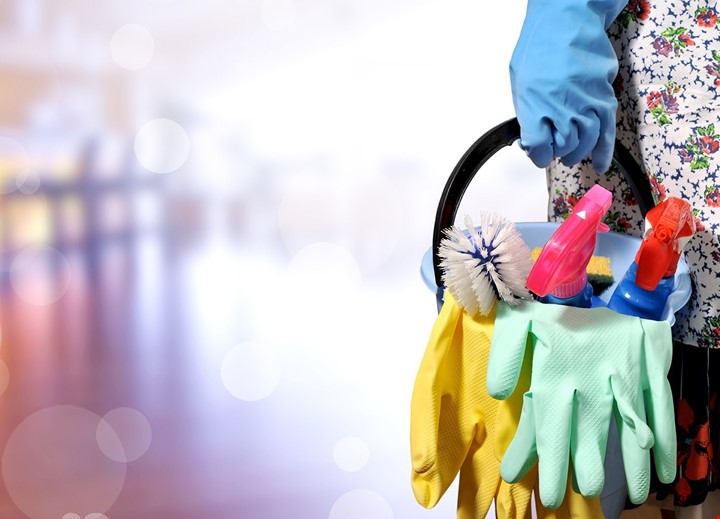Understanding the Role of Domestic Helpers in Modern Society
Domestic helpers play a vital role in modern society, serving as the backbone of many households around the world. These individuals, often comprising nannies, housekeepers, caregivers, and cooks, contribute significantly to the smooth functioning of homes and the overall well-being of families. The nature of their responsibilities has evolved over time, reflecting societal changes and the increasing participation of both parents in the workforce. In contemporary society, where dual-income households are increasingly common, domestic helpers play a pivotal role in balancing professional and personal lives. They alleviate the burden on working parents by managing household chores, childcare, and other domestic responsibilities. Nannies, for instance, not only provide essential childcare but also become crucial companions for children in the absence of parents. This dual support allows parents to pursue their careers with peace of mind, knowing that their homes and families are well-taken care of.

Moreover, the aging population and the rise in nuclear families have led to an increased demand for caregivers to assist the elderly. Domestic helpers 菲傭 often serve as caregivers for elderly family members, providing companionship, assistance with daily activities, and ensuring a safe and comfortable living environment. This role is particularly significant as it contributes to the overall well-being and quality of life of seniors, enabling them to age gracefully within the familiar confines of their homes. The globalization of labor markets has also played a role in shaping the landscape of domestic help. Many individuals from economically disadvantaged regions migrate to affluent countries to work as domestic helpers, seeking better economic opportunities. This migration, while addressing the employment needs of both parties, raises important questions about the fair treatment, legal rights, and social integration of these workers. It emphasizes the need for ethical employment practices and policies that safeguard the rights and dignity of domestic helpers.
However, the role of domestic helpers is not without challenges and controversies. Issues such as low wages, lack of legal protections, and instances of exploitation can tarnish the otherwise indispensable contributions they make. Recognizing and addressing these challenges is crucial to ensuring a fair and just working environment for domestic helpers. Governments, employers, and society at large must collaborate to establish and enforce regulations that protect the rights of domestic helpers, guaranteeing fair compensation, reasonable working hours, and humane conditions. In conclusion, domestic helpers play an integral role in modern society, contributing significantly to the well-being of families and allowing individuals to balance their professional and personal lives. As the demands on households continue to evolve, the role of domestic helpers will likely adapt accordingly. It is essential for society to acknowledge and appreciate their contributions while also addressing the challenges they face to ensure a fair and just working environment for these indispensable members of our communities.